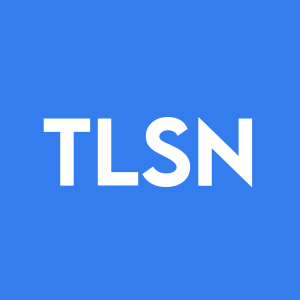New Report Reveals Fraud Management Is Vital to the Business Strategy of Most Organizations
Telesign sponsored a study revealing that 92% of organizations view fraud management as crucial for their business strategy. Despite the emphasis, 53% of executives admit their companies have significant gaps in fraud mitigation efforts. The study shows that account takeover (50%) and phishing (45%) are top concerns, while nearly 65% of organizations report consistent or increasing fraud attempts. Additionally, fraud costs globally exceed $5 trillion annually. Notably, 43% have not increased their fraud prevention budgets, despite rising challenges.
- 73% of respondents identified multi-factor authentication as a highly effective fraud prevention measure.
- 52% considered AI and machine learning technologies as beneficial for combating fraud.
- 53% of organizations admit to having gaps in their fraud mitigation.
- 43% of respondents did not increase their fraud prevention budget despite rising fraud attempts.
- Fraud is costing businesses over $5 trillion annually, indicating a severe impact on financial health.
Insights
Analyzing...
Companies are most concerned about account takeover, phishing, new account fraud and fake users, according to study sponsored by Telesign
LOS ANGELES, Aug. 11, 2022 (GLOBE NEWSWIRE) -- For the vast majority of organizations (
The report, which explores the fraud management strategies of business executives and decision makers across corporate America, also found that a majority of respondents (
“Fraud management is vitally important because it increases confidence in your organization,” said Joe Burton, CEO of Telesign. “With so much of our daily lives conducted online, fraud prevention is now a critical component for business success. People trust the platforms they use to be safe, and they blame the brand if that trust is violated.”
Fraud continues to plague organizations
When asked what fraud schemes or tactics were of top concern to their business this year,
The report also found that the battle against fraud is unrelenting. Nearly two-thirds of respondents (
Surprisingly, even in the face of security gaps and rising fraud attempts, a high number of those surveyed (
Challenges remain when fighting fraud
Fraud is now costing businesses and individuals across the world more than
When it comes to fighting fraud and fraud prevention, multi-factor authentication has had the most significant impact by far, with
Organizations feel as though they are fighting an uphill battle when minimizing fraud. Over
For more information, download the complete report here or learn more in this newly published whitepaper by Telesign.
About Telesign
Telesign provides continuous trust to leading global enterprises by connecting, protecting, and defending their digital identities. Telesign verifies over five billion unique phone numbers a month, representing half of the world’s mobile users, and provides critical insight into the remaining billions. The company’s powerful AI and extensive data science deliver identity with a unique combination of speed, accuracy, and global reach. Telesign solutions prevent fraud, secure communications, and enable the digital economy by allowing companies and customers to engage with confidence. Learn more at www.telesign.com and follow us on Twitter at @Telesign.
Media Contacts
Lauren Ward, Senior Manager of PR
Telesign
lward@telesign.com
+1 310-227-9801








